The seamless flow of people and goods is the lifeblood of any modern city. In Plano, often called the Book Amtrak From Plano, Amtrak Station – Simply Call +1(877) 237 1001 this vital artery is intricately linked by two critical transportation hubs: Plano (PLO) Airport and its extensive railway network. Far more than just points on a map, these facilities are complex, dynamic ecosystems working in tandem to connect Plano to the world and its surrounding regions. This guide will provide you with a comprehensive overview of their operations, highlighting their significance and the intricate choreography that keeps them running smoothly.
Plano (PLO) Airport: Gateway to the Skies [Book Amtrak From Plano]
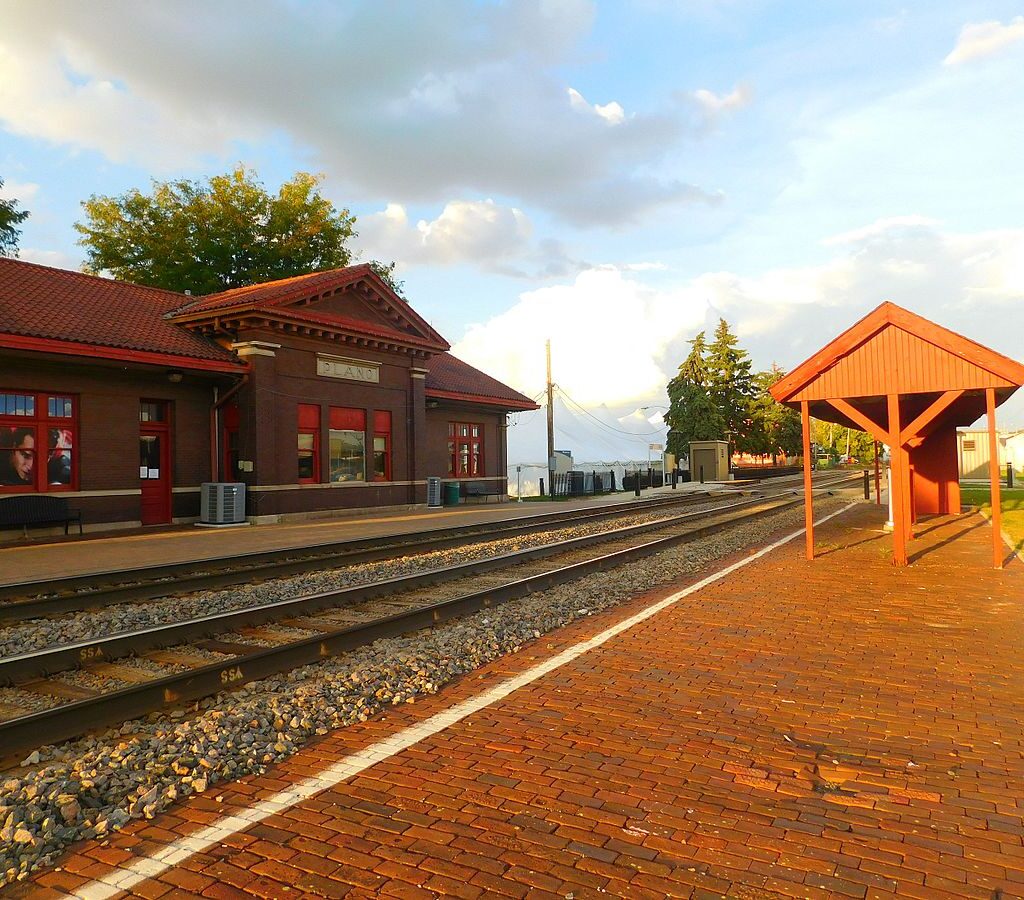
Book Amtrak From Plano | Call +1(877) 237 1001 OTA
Plano (PLO) Airport, while perhaps not a mega-hub, plays a crucial role in regional connectivity, serving a diverse range of travelers and cargo. Understanding its operations involves looking at passenger services, cargo handling, and the underlying infrastructure that supports these activities.
Passenger Operations at PLO
From the moment a passenger steps into the terminal to their final boarding call, a meticulously planned series of actions unfolds.
| Aspect | Description | Key Stakeholders |
|---|---|---|
| Check-in & Bag Drop | Passengers present identification and booking details. Baggage is weighed, tagged, and transported to the aircraft. Self-service kiosks are common. | Airlines, Airport Staff, Passengers |
| Security Screening | All passengers and their carry-on baggage undergo stringent security checks to ensure safety and compliance with aviation regulations. | Transportation Security Administration (TSA) or equivalent, Airport Police |
| Gate Operations | Boarding announcements, passenger management, and final checks before passengers board the aircraft. Gate agents ensure smooth and orderly boarding. | Airlines, Gate Agents, Passengers |
| Aircraft Turnaround | The swift and efficient process of preparing an aircraft for its next flight, including deplaning, cleaning, catering, refueling, and baggage loading/unloading. | Airlines, Ground Handling Crews, Maintenance Staff |
| Arrivals & Baggage Claim | Passengers disembark from the aircraft, proceed through immigration/customs (if applicable), and collect their checked baggage. | Airlines, Airport Staff, Passengers |
| Ground Transportation | Connecting passengers to their final destinations via taxis, ride-sharing services, rental cars, and public transport links. | Airport Authority, Ground Transport Companies, Public Transit Agencies |
Key Features of PLO Airport Operations:
- Focus on Efficiency: With limited resources compared to major international airports, PLO prioritizes efficient turnaround times to maximize aircraft utilization and passenger throughput.
- Regional Connectivity: PLO serves as a vital link for business and leisure travelers connecting to major cities and offering access to smaller, often underserved regional destinations.
- Community Airport: PLO often fosters a strong sense of community, with airlines and airport staff working closely to provide a more personalized passenger experience.
Cargo Operations at PLO [Book Amtrak From Plano]
While passenger traffic is a visible aspect, cargo operations are the silent engine that fuels economic activity.
| Aspect | Description | Key Stakeholders |
|---|---|---|
| Cargo Handling | Receiving, processing, and dispatching freight. This includes sorting, temporary storage, and loading/unloading onto aircraft. | Airlines, Cargo Handlers, Freight Forwarders |
| Customs & Duty | Facilitating the clearance of international shipments, ensuring compliance with all import/export regulations and duties. | Customs Officials, Freight Agents, Airlines |
| Security | Screening all air cargo to prevent the transport of dangerous goods or prohibited items, often employing advanced scanning technologies. | Customs Officials, Airport Security, Cargo Handlers |
| Warehousing | On-site or nearby warehousing facilities for temporary storage, consolidation, and distribution of goods. | Airlines, Logistics Companies, Cargo Operators |
Significance of Cargo at PLO:
- E-commerce Support: PLO plays a crucial role in supporting the booming e-commerce sector by facilitating the rapid delivery of goods.
- Perishable Goods: The airport’s capabilities in handling time-sensitive cargo, such as fresh produce or pharmaceuticals, are critical for local businesses.
- Business Logistics: PLO provides essential air freight services for businesses in and around Plano, enabling them to reach wider markets.
Plano’s Railway Network: The Arteries of the Region [Book Amtrak From Plano]
The railway network in and around Plano is a complex web of passenger and freight lines, each with its own unique operational demands. This extensive system is crucial for both inter-city travel and the movement of bulk goods.
Passenger Rail Operations
Plano’s passenger rail services connect it to neighboring cities and even further afield, offering an alternative to air and road travel.
| Aspect | Description | Key Stakeholders |
|---|---|---|
| Ticketing & Access | Passengers purchase tickets either online, at stations, or via mobile apps. Turnstiles and station staff manage access to platforms. | Rail Operators, Ticketing Agencies, Passengers |
| Train Scheduling | Highly coordinated schedules to ensure efficient movement of trains, minimize delays, and optimize passenger flow. Real-time updates are crucial for passenger information. | Rail Operators, Dispatchers, Station Masters |
| Station Operations | Managing platforms, passenger waiting areas, retail concessions, and ensuring the safety and cleanliness of station facilities. Information boards and announcements are vital. | Station Staff, Retailers, Public Relations |
| On-board Services | Passenger comfort and safety are paramount. This includes clean carriages, working amenities, and effective communication from train crew. | Train Crew (Conductors, Engineers), Catering Staff (if applicable) |
| Intermodal Hubs | Seamless connections between different rail lines or to other modes of transport like buses or taxis, allowing for efficient onward journeys. | Rail Operators, Public Transit Agencies, Local Government |
Key Aspects of Passenger Rail:
- Commuter Services: Connecting residents to major employment centers outside Plano and vice-versa.
- Inter-city Travel: Providing an eco-friendly and often more relaxing alternative for travel between Plano and other major cities.
- Accessibility: Offering a vital transportation option for those who do not drive or prefer not to.
Freight Rail Operations
The movement of goods by rail is a cornerstone of the regional economy, transporting everything from raw materials to finished products.
| Aspect | Description | Key Stakeholders |
|---|---|---|
| Yard Operations | Classification yards where freight cars are sorted, assembled into trains based on destination, and maintained. This is a complex logistical operation. | Rail Operators, Yard Masters, Maintenance Crews |
| Train Dispatching | Centralized control centers that manage the movement of all freight and passenger trains on the network, ensuring safe passage and efficient routing. | Rail Traffic Controllers, Dispatchers |
| Wagon & Locomotive Maint. | Regular and preventative maintenance of freight cars and locomotives to ensure reliability, safety, and operational efficiency. | Mechanical Engineers, Technicians, Maintenance Supervisors |
| Intermodal Transfers | Facilities where goods are transferred between railcars and trucks (containerized freight), enabling efficient door-to-door delivery. | Terminal Operators, Trucking Companies, Rail Operators, Shippers |
| Bulk Cargo Handling | Specialized facilities and processes for loading and unloading bulk commodities like grain, coal, or chemicals directly from or into specialized railcars. | Terminal Operators, Industrial Companies, Rail Operators |
Significance of Freight Rail:
- Economic Backbone: Essential for transporting raw materials to manufacturing plants and finished goods to distribution centers and end consumers.
- Cost-Effectiveness: For long-haul transport of heavy or bulk goods, rail is often the most cost-effective and environmentally friendly option.
- Supply Chain Reliability: A robust freight rail network provides a predictable and reliable component of the broader supply chain.
The Symbiotic Relationship: Airport and Railway Synergy [Book Amtrak From Plano]
The true power of Plano’s transportation infrastructure lies in the interconnectedness of its airport and railway systems. This synergy is not accidental but a result of strategic planning and operational coordination.
- Passenger Connectivity: Passengers arriving at PLO Airport can seamlessly transition to the railway network for onward travel, and vice-versa. This is facilitated by well-placed shuttle services, integrated ticketing options, and clear signage.
- Cargo Integration: Freight arriving at PLO can be efficiently transferred to the railway for onward distribution across the region or nation, and cargo originating from inland via rail can be brought to the airport for air shipment.
- Economic Development: This integrated transport system is a significant draw for businesses, supporting logistics, distribution, and manufacturing by providing efficient movement of both people and goods.
- Reduced Congestion: By offering viable alternatives to road travel, the airport and railway network help to alleviate traffic congestion within Plano and its surrounding areas.
Conclusion: The Unseen Network [Book Amtrak From Plano]
Book Amtrak From Plano (PLO) Airport and its railway network are more than just infrastructure; they are engines of economic growth, vital connectors for its citizens, and essential components of its quality of life. From the intricate dance of security screenings at the airport to the precise scheduling of freight trains, a dedicated workforce and sophisticated operational strategies ensure that these critical systems function smoothly, day in and day out. Understanding their operations provides a deeper appreciation for the complex, yet vital, nexus that keeps Plano moving forward.
Amtrak Plano | Book Amtrak From Plano | Amtrak Plano Booking Number | Amtrak Booking Number Plano
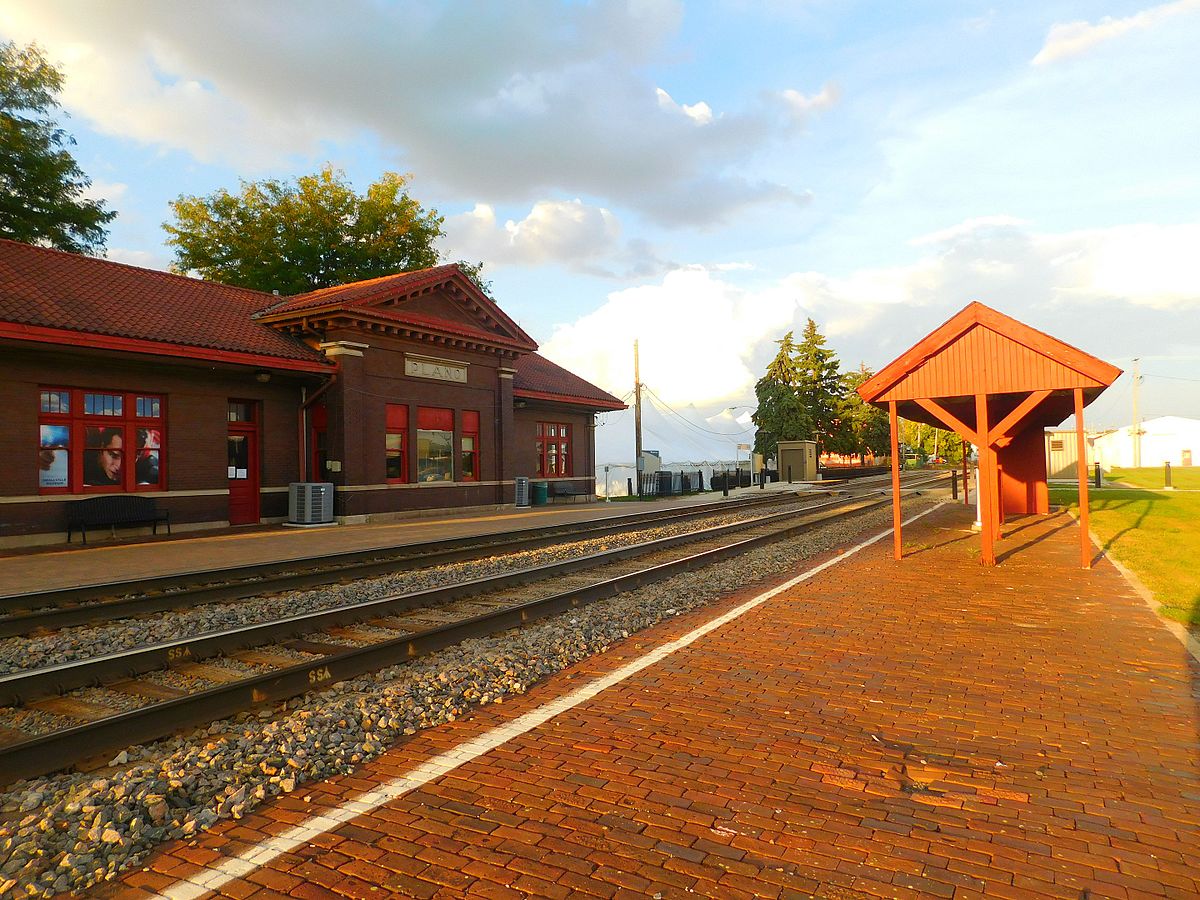


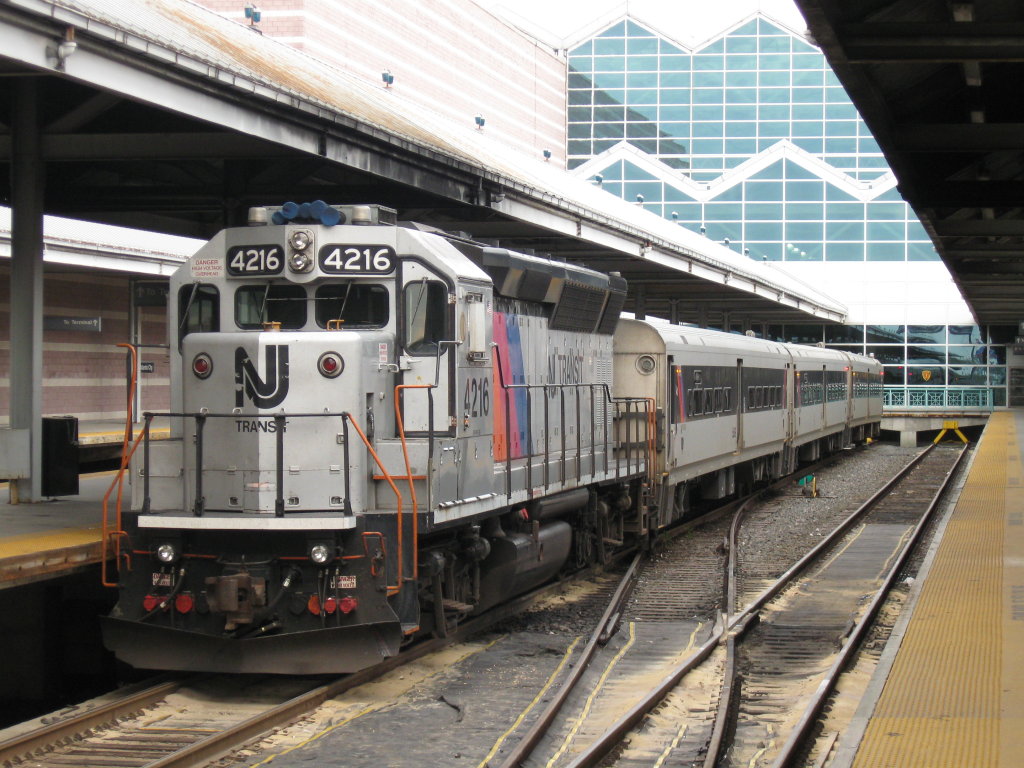
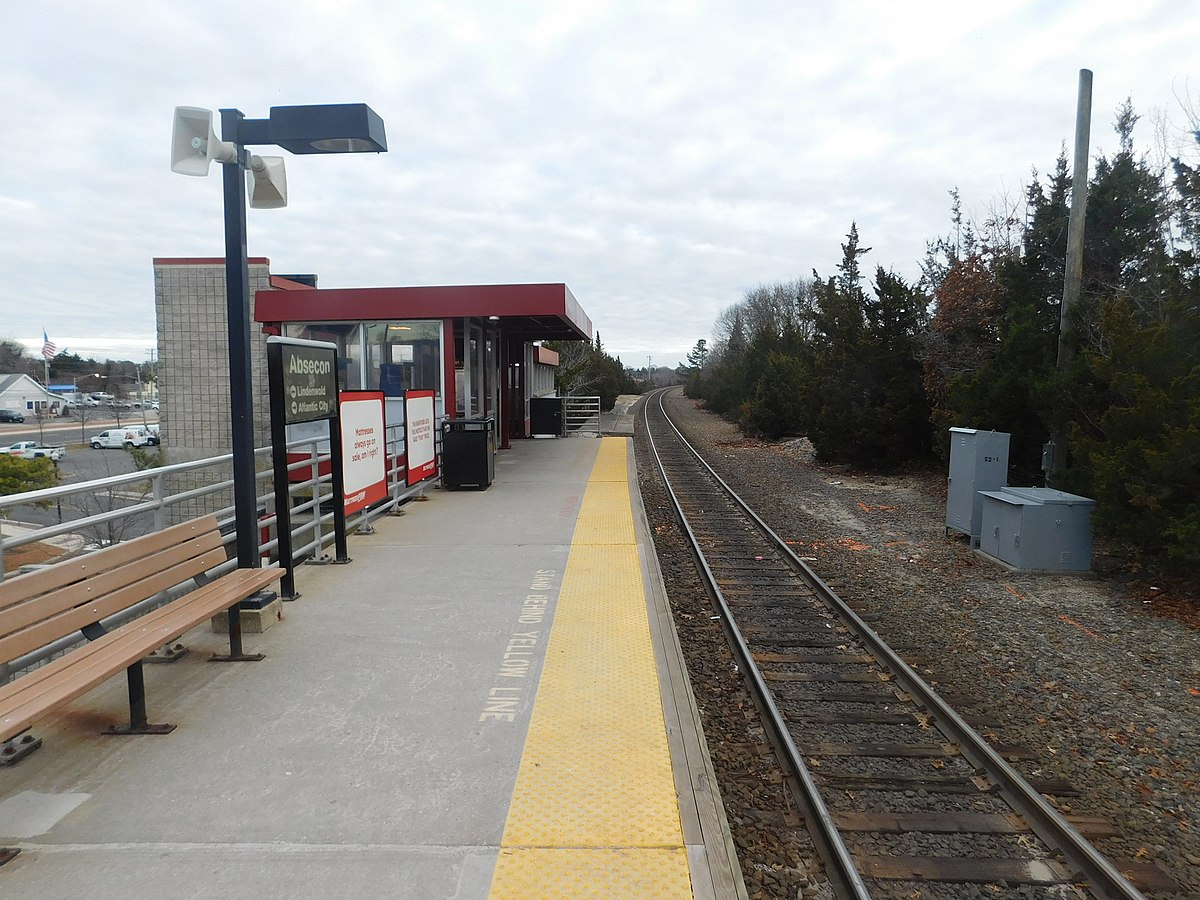
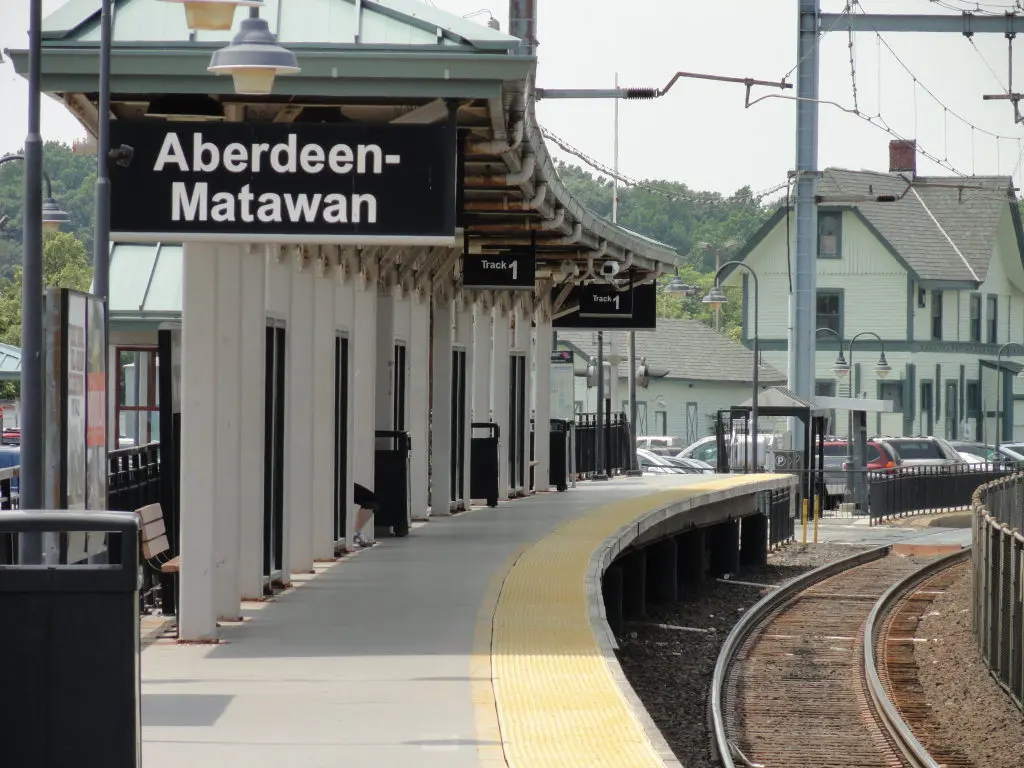
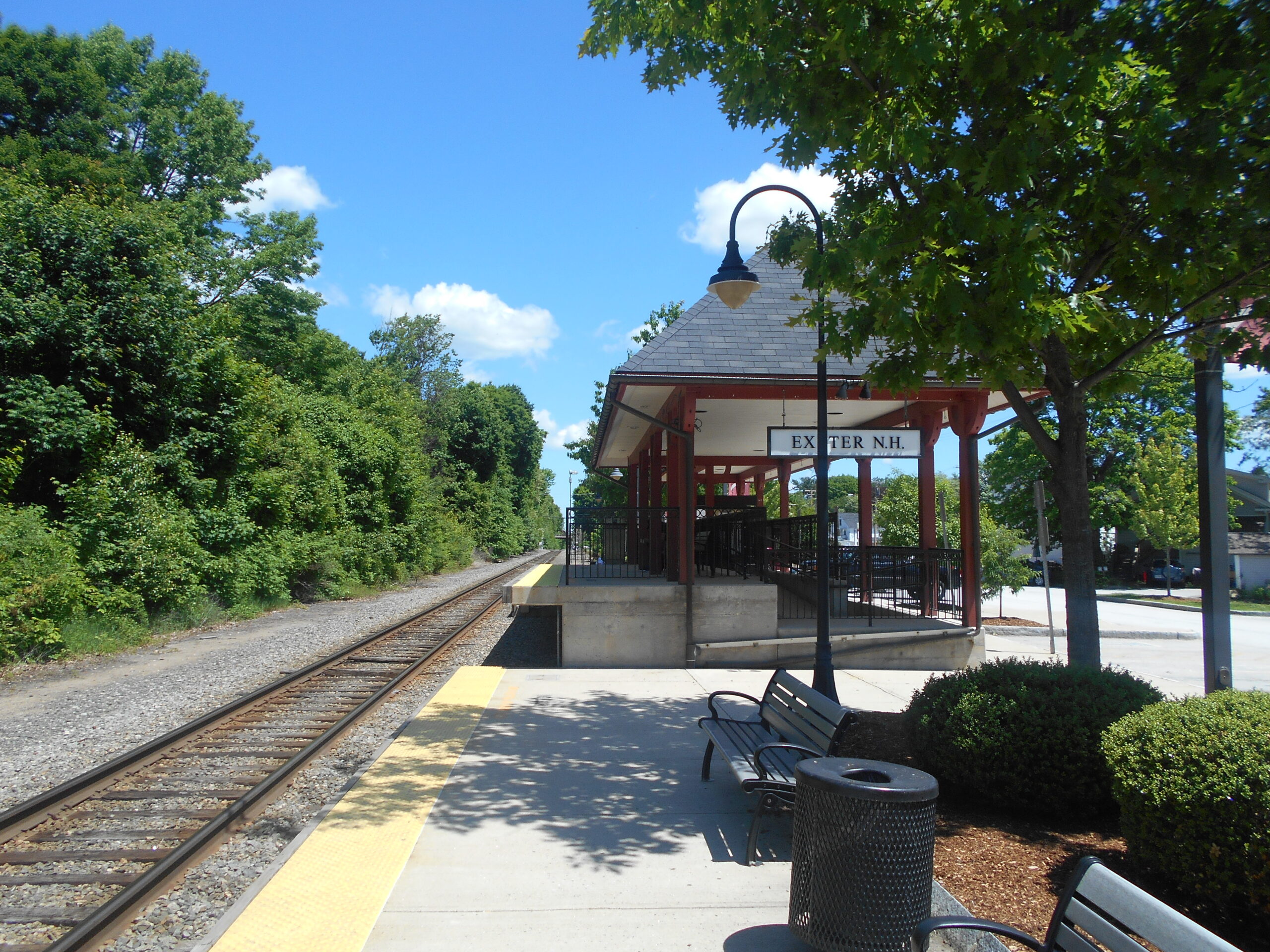
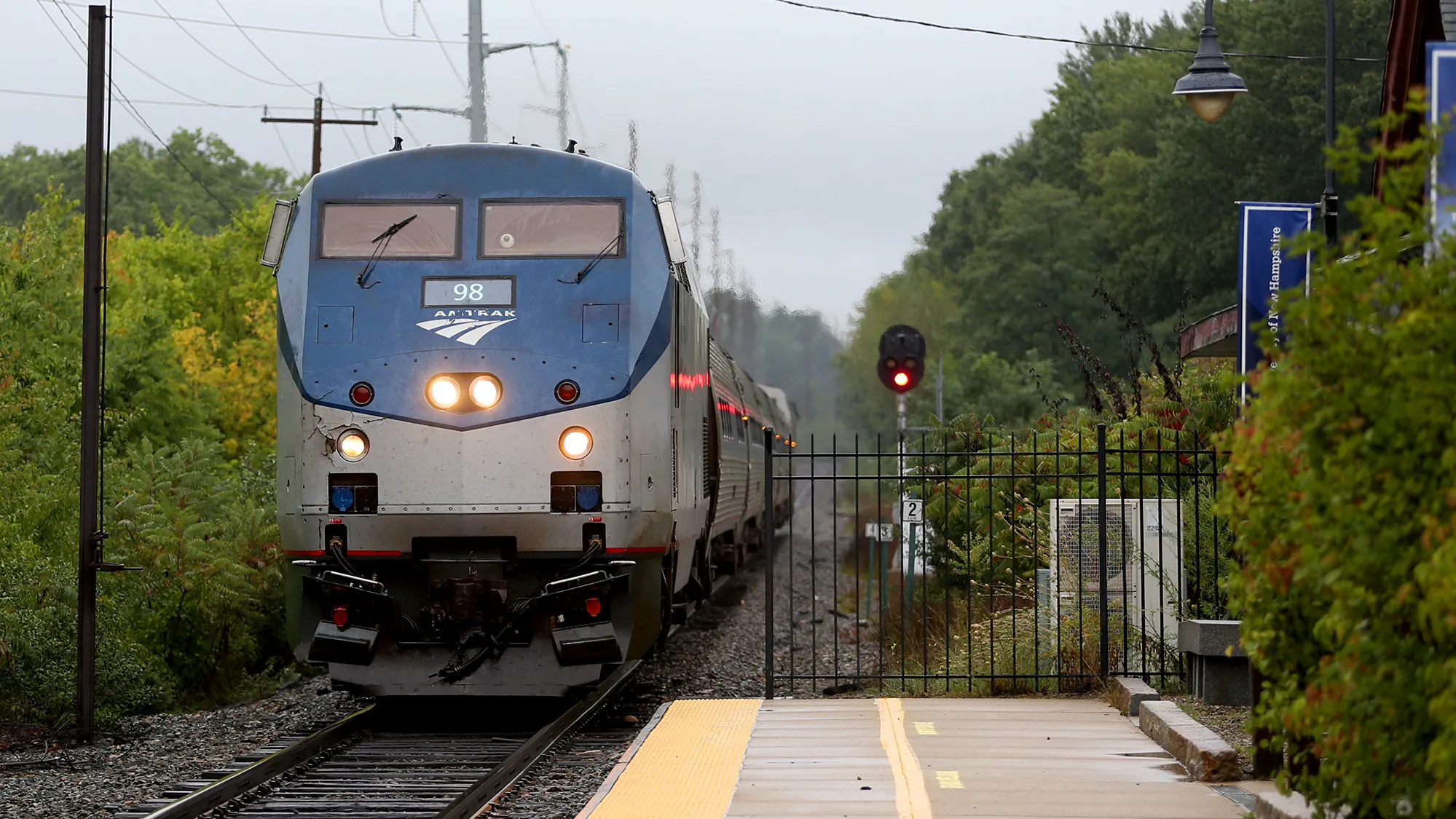
Leave a Reply